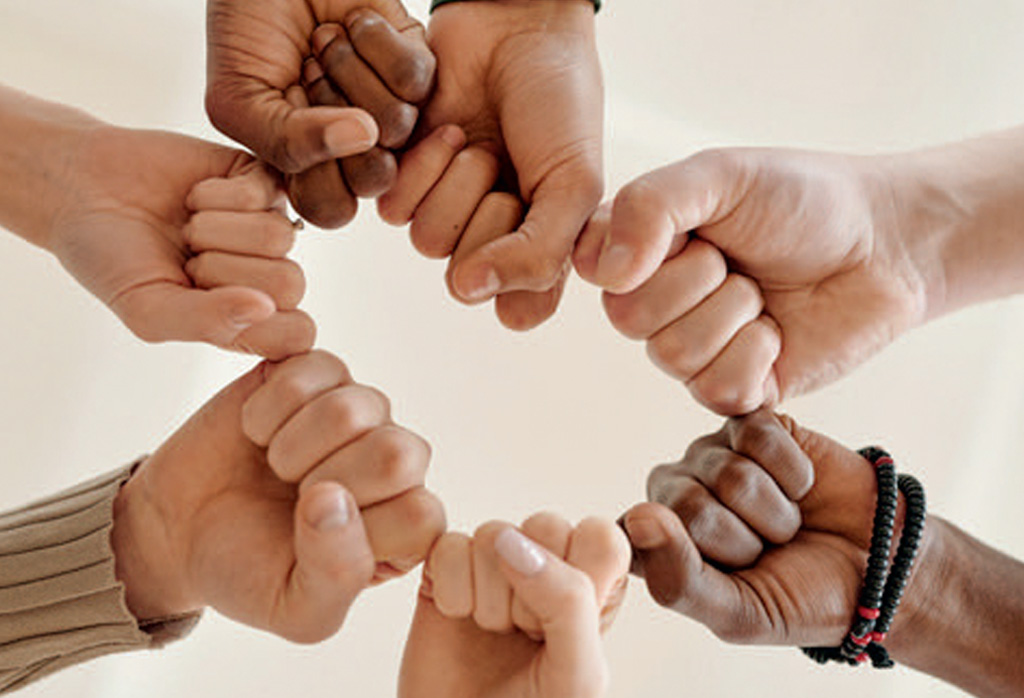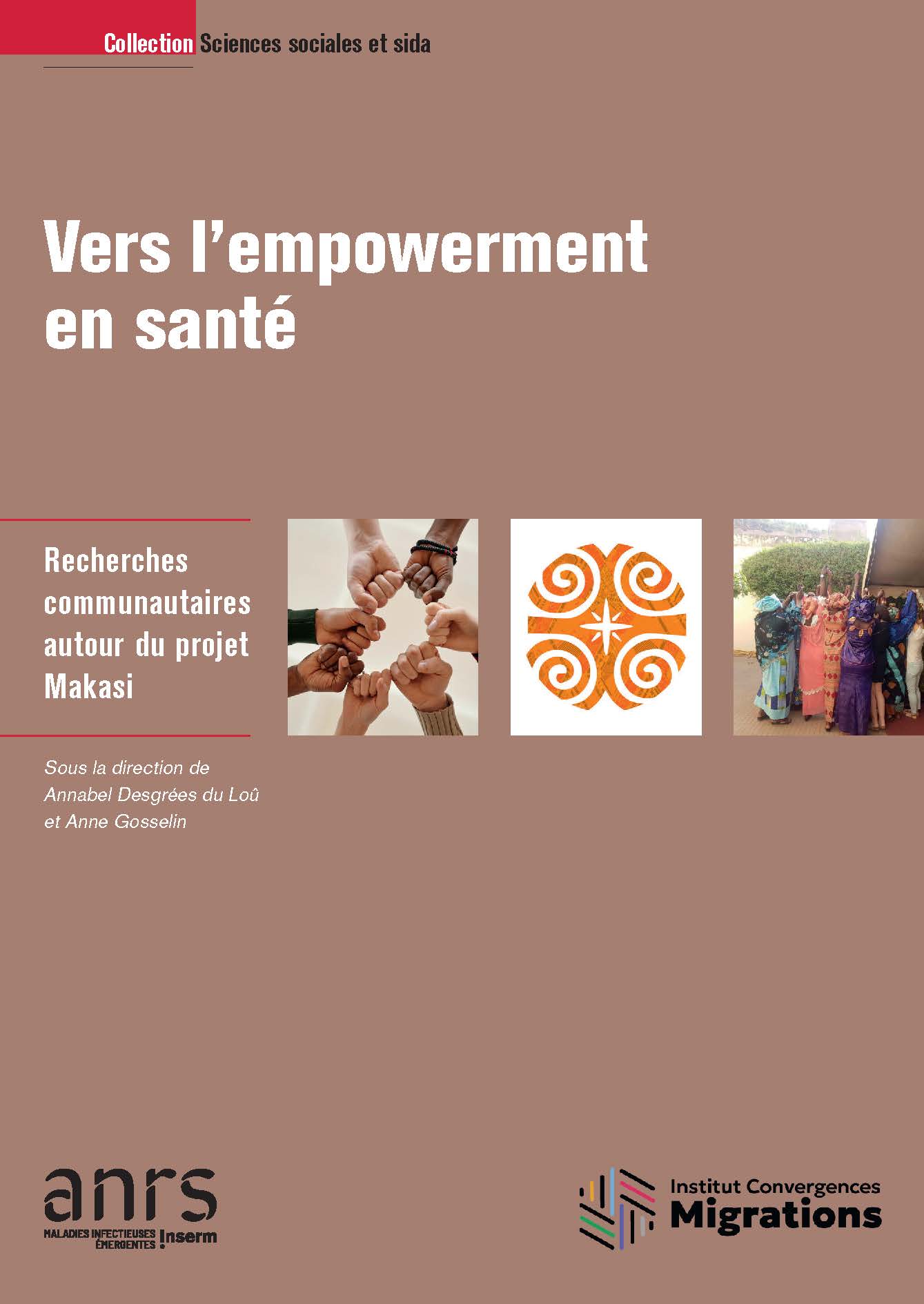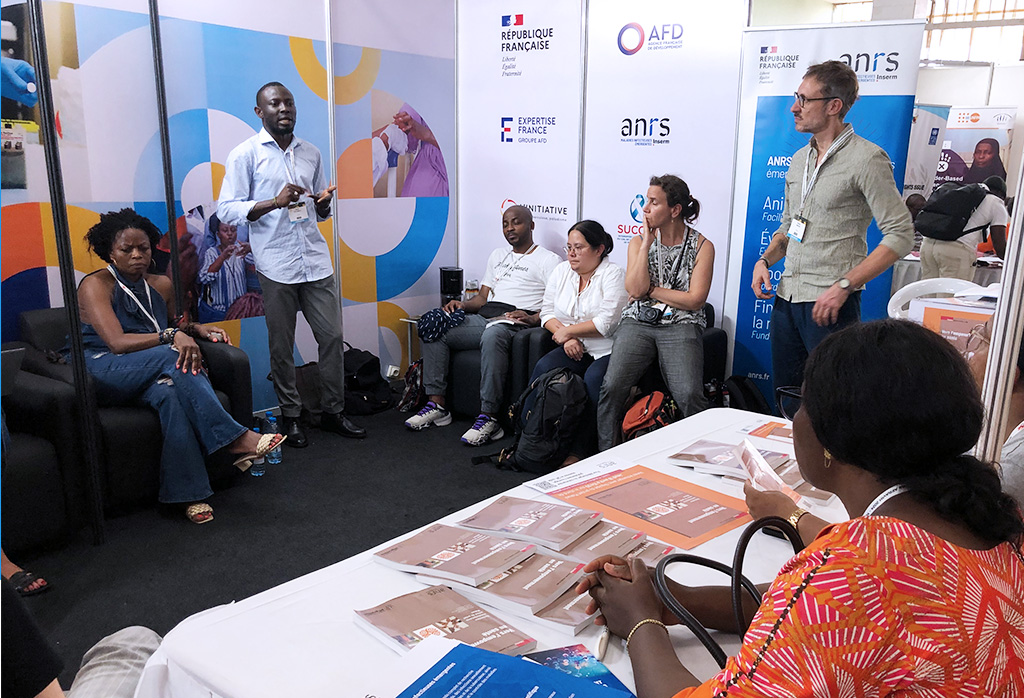How did the Makasi project emerge?
The Makasi project has its origins in the results obtained from the ANRS-Parcours study carried out in 2012-2013 in the Île-de-France region and coordinated by Annabel Desgrées du Loû. This study revealed that a proportion of immigrants from sub-Saharan Africa were infected with HIV after arriving in France, rather than in their country of origin. This study therefore highlighted a direct link between the precariousness of a population, characterized by the absence of stable housing, residence permits or activities, and an increased risk of exposure to HIV. Faced with this situation, it seemed essential to take direct preventive action. Associations such as Afrique Avenir and ARCAT, together with research teams in social epidemiology, economics, demography and public health, decided to work together to develop an adapted prevention approach.
What is the aim of the Makasi project?
The Makasi project aims to fight overexposure to HIV by strengthening the empowerment of people in precarious situations, who may be more exposed to sexual risks and HIV. Workers from the associations were recruited to carry out motivational interviews in the Afrique Avenir association’s trucks, with participants who were recruited in the street, in places where people pass through, and at the exits of stations and subways. The aim was to “reach out” to immigrants and people in precarious situations, to bypass the barriers that keep them away from prevention and health services.
Why publish a book about the project?
In November 2023, we published “Vers l’empowerment en santé. Recherches communautaires autour du projet Makasi”, under the direction of Annabel Desgrées du Loû and Anne Gosselin. The aim was to enable everyone to benefit from experiences such as the Makasi project, as well as other projects which share the common goal of empowering the most disadvantaged to take action in their own health. By sharing the methods, challenges and successes of these projects, the book enables others to learn about the obstacles encountered and lessons learned, so that they can replicate this type of intervention, if they so wish. The book illustrates and promotes social and health empowerment, and shows how community-based interventions could improve the health and living conditions of precarious populations. In short, this free, downloadable book aims to reach a wide audience, including researchers, social workers, policy-makers and members of the communities concerned, by sharing the story, results and lessons of the Makasi project and others that are part of a health empowerment approach.
[FR] Find out more about the Makasi project
[FR] Find out more about the book:« Vers l’empowerment en santé. Recherches communautaires autour du projet Makasi. » Sous la direction de Annabel Desgrées du Loû et Anne Gosselin. Collection Sciences sociales et sida. ANRS MIE et Institut Convergences Migrations, November 2023.




